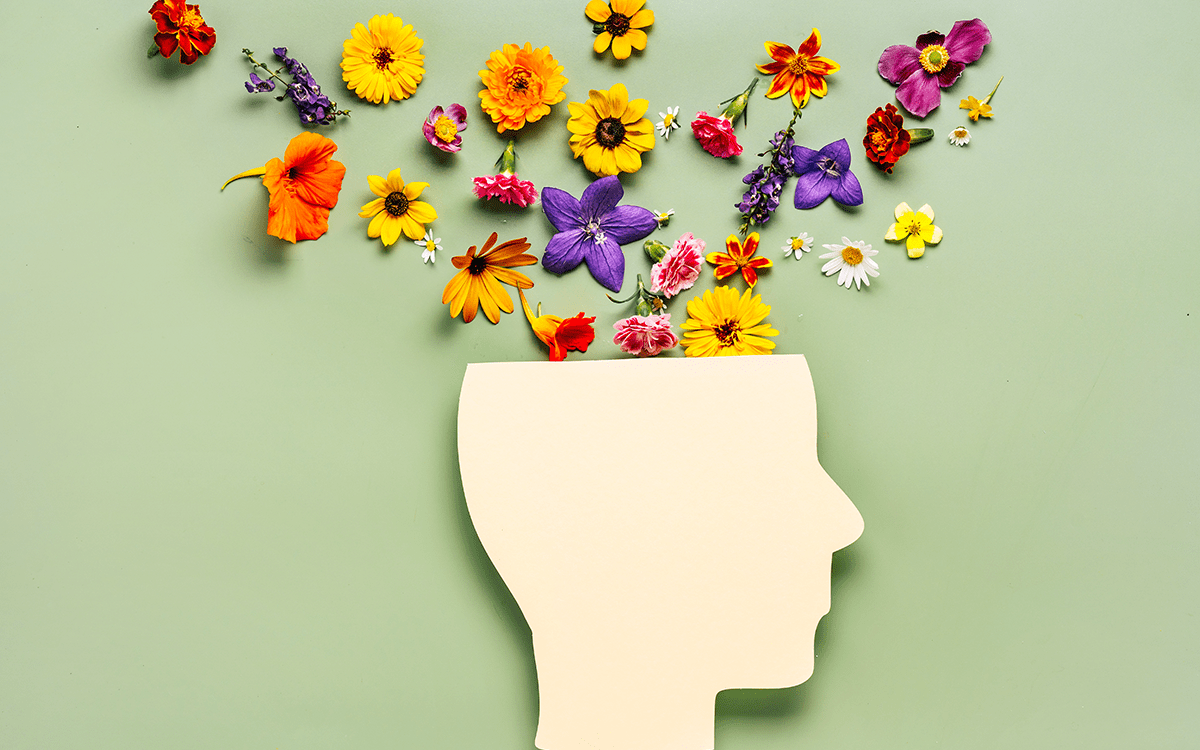The Secret of Mental Health
A Balanced Perspective from Islam
Mental health is one of the most discussed topics today. People search for peace, balance, and happiness, yet many struggle with stress, anxiety, and dissatisfaction. While modern psychology offers various approaches to mental well-being, Islam provides a unique perspective that integrates spirituality with daily life. It emphasizes a strong connection with Allah, practicing gratitude, patience during hardships, and continuous self-improvement. By understanding these principles, individuals can cultivate inner peace and resilience, no matter their circumstances. Islam’s guidance on mental health is not only relevant to Muslims but also offers universal wisdom that anyone can benefit from. Let’s explore how faith, gratitude, and self-development contribute to a balanced mind and soul.
Understanding Rizq: Everything Happens for a Reason
In Islam, believers understand that everything they have or experience in life is Rizq (provision) from Allah. This includes wealth, health, opportunities, and even hardships. The Prophet Muhammad (peace be upon him) said:
“Indeed, the affairs of a believer are amazing! Everything that happens to him is good, and this is only for the believer. If something good happens, he is grateful, and that is good for him. If something bad happens, he is patient, and that is good for him.” (Sahih Muslim 2999)
This mindset provides a foundation for strong mental health. When a person understands that success is a gift and challenges are tests, they can maintain inner peace. Instead of stressing over situations beyond their control, they trust in Allah’s wisdom.
Gratitude in Every Situation
Gratitude (Shukr) is one of the most powerful tools for mental well-being. Whether someone is enjoying prosperity or facing hardship, being thankful shifts the focus from negativity to positivity. The Quran emphasizes this:
“If you are grateful, I will certainly give you more. But if you are ungrateful, surely My punishment is severe.” (Quran 14:7)
Scientific studies back this up—people who practice gratitude often feel less stressed and depressed. Keeping a gratitude journal helps shift focus to what we have instead of what we lack. Gratitude also nourishes the soul, bringing inner peace and happiness. When we recognize our blessings, we feel more fulfilled and emotionally stable. But if we ignore gratitude, we can face mental struggles, as always wanting more can lead to stress and inner conflict.
Hardships Are Not Punishments, But Tests
Many people struggle with difficulties and wonder, “Why me?” However, Islam teaches that hardships are not punishments but rather tests that purify and strengthen us. The Quran reassures:
“Do the people think that they will be left to say, ‘We believe’ and they will not be tested?” (Quran 29:2)
When faced with challenges, believers are encouraged to remain patient (Sabr) and trust in Allah’s plan. Prophet Muhammad (peace be upon him) also said:
“Whoever Allah wants good for, He tests them with difficulties.” (Bukhari 5645)
When people go through hardships, there is always a lesson to learn that helps them grow and become better. Every challenge is an opportunity to strengthen our character, build resilience, and deepen our faith. This is exactly what the Prophet’s saying highlights.
Self-Development is an Obligation
While trust in Allah is essential, Islam does not promote passivity. Muslims are encouraged to continuously strive for self-improvement, whether in knowledge, skills, or character. The Prophet (peace be upon him) said:
“The strong believer is better and more beloved to Allah than the weak believer, though there is good in both.” (Sahih Muslim 2664)
This applies to both spiritual and worldly matters. A strong believer actively seeks knowledge, grows in character, and uses their blessings to help others. If someone is wealthy, they should use their resources wisely and support those in need. If someone faces challenges, they should not lose hope but continue striving to improve their situation. Strength in faith and action leads to a balanced and fulfilling life, while weakness in either can lead to struggle and dissatisfaction.
Practical Steps to Maintain Mental Health
Trust in Allah (Tawakkul) – Know that every situation has a purpose.
Practice Gratitude – Reflect on the blessings in your life daily.
Be Patient – Understand that trials are temporary and have rewards.
Stay Active in Self-Development – Always seek knowledge and personal growth.
Surround Yourself with Positivity – Good and positive influences help maintain a balanced mindset.
Perform Salah (Prayer) and Dhikr (Remembrance of Allah) – These bring peace to the heart and reduce anxiety.
Conclusion
Mental health, from an Islamic perspective, is built on faith, gratitude, and self-development. By understanding Rizq, practicing patience and gratitude, and continuously striving for improvement, believers can maintain a strong and peaceful mindset. Real peace comes from trusting that everything—both good and difficult—happens according to Allah’s perfect plan. As the Quran beautifully reminds us:
“Verily, in the remembrance of Allah do hearts find rest.” (Quran 13:28)
We would love to hear your thoughts! How do you incorporate gratitude and self-development into your daily life? Have you experienced moments where faith helped you navigate hardships? Share your experiences in the comments below and join the conversation!


